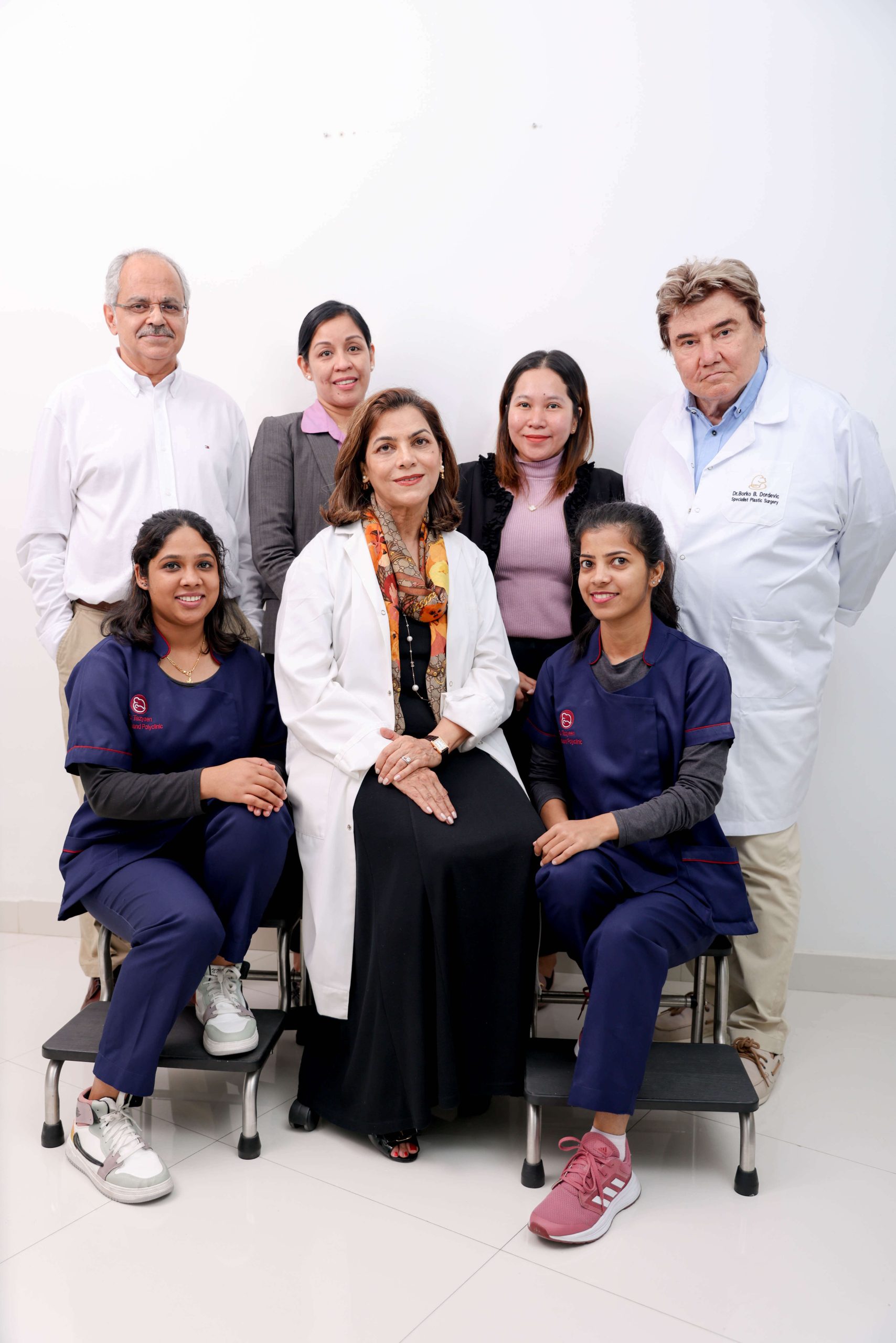Regular gynecological check-ups are a vital aspect of maintaining women’s health. Whether you’re in your reproductive years, approaching menopause, or beyond, these visits provide essential monitoring, prevention, and care. Often, women may only visit a gynecologist clinic in Motor City when they experience discomfort or a specific issue, but routine check-ups are important for catching problems early.
Early detection of health problems:
One of the most significant benefits of routine gynecological visits is the early detection of health problems. Gynecologists check for abnormalities that may not yet be causing symptoms, such as cervical cancer, ovarian cysts, or fibroids. Tests like the Pap smear can detect pre-cancerous cells, allowing for early intervention. Early detection often means less invasive treatment and a better prognosis, helping prevent more serious health complications later on.
Monitoring reproductive health:
Gynecological check-ups allow women to monitor their reproductive health regularly. For women of childbearing age, it’s important to ensure that the reproductive system is functioning properly. Regular exams help identify any issues with menstrual cycles, such as heavy bleeding, irregular periods, or pain, which could indicate underlying conditions like endometriosis or polycystic ovary syndrome (PCOS). These check-ups also provide an opportunity to discuss family planning, contraception, and fertility concerns with your doctor.
Contraception and family planning:
Women’s contraception needs may change throughout their lives, and gynecological visits provide an excellent opportunity to discuss these changes with a healthcare provider. Whether you’re looking to start, change, or discontinue birth control, a gynecologist can help you make the right choice based on your health and lifestyle. For women considering starting a family, these check-ups are essential for preconception care and guidance on how to prepare the body for pregnancy.
Prevention of sexually transmitted infections (STIs):
Gynecological visits are important for preventing and detecting sexually transmitted infections (STIs). Many STIs don’t show symptoms in the early stages, but regular testing can catch infections like chlamydia, gonorrhea, or human papillomavirus (HPV) before they lead to serious health complications, such as infertility or cancer. Gynecologists provide advice on safe sexual practices and offer vaccines like the HPV vaccine to reduce the risk of certain infections.
Breast health awareness:
Gynecological appointments often include breast exams, which are an essential part of women’s healthcare. Your gynecologist can detect lumps, changes in breast tissue, or other warning signs of breast cancer early. Regular breast exams, combined with mammograms, increase the chances of detecting breast cancer at a stage where it’s most treatable. Additionally, gynecologists can provide education on self-exams and breast health awareness, empowering women to take proactive steps in monitoring their health.



